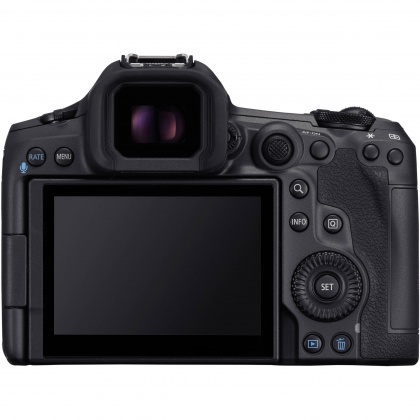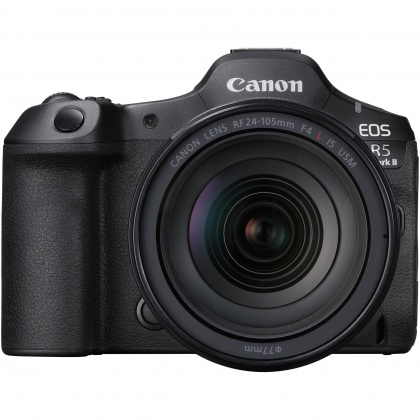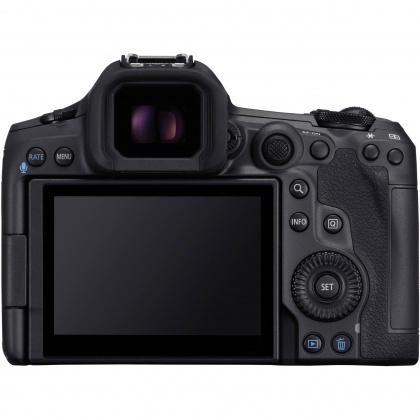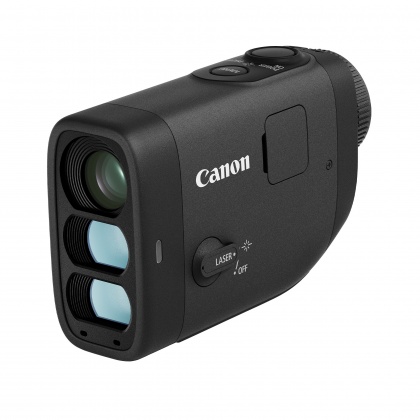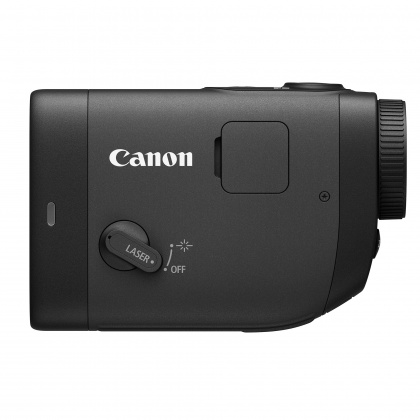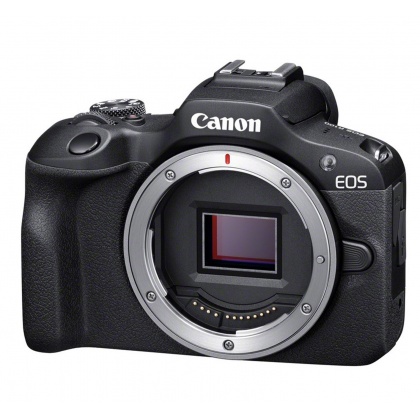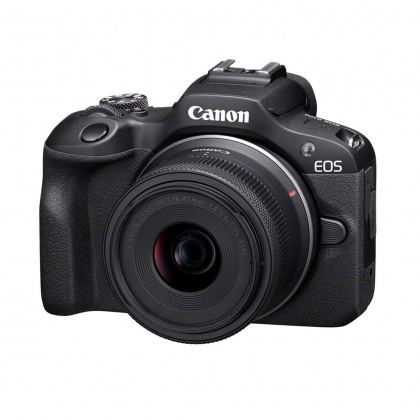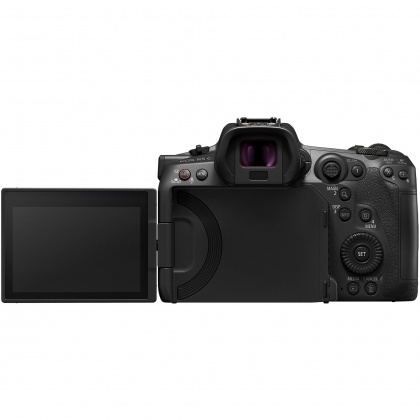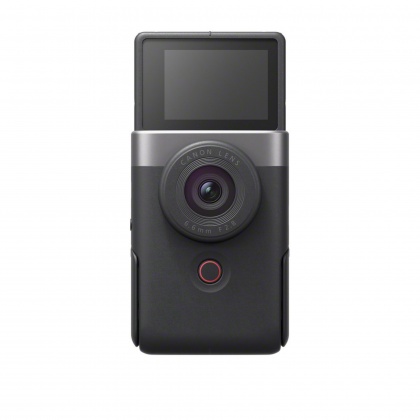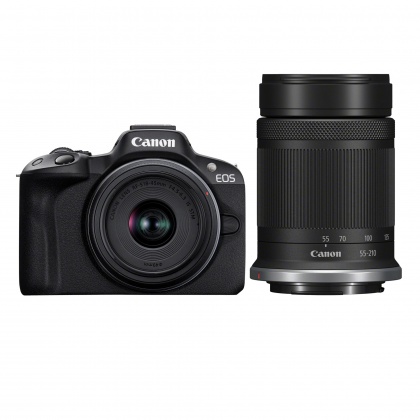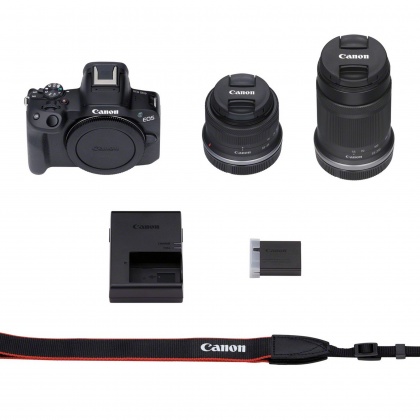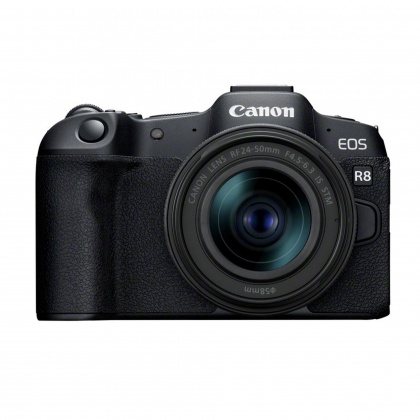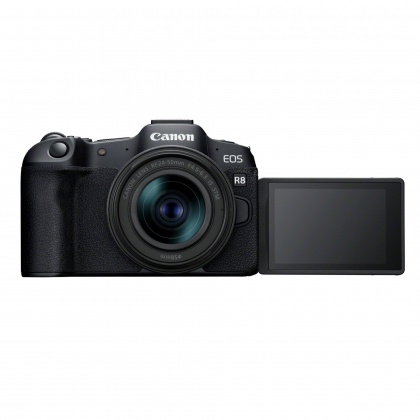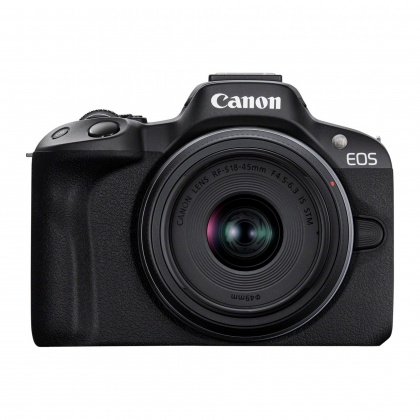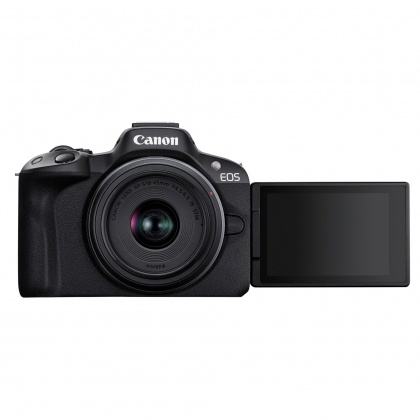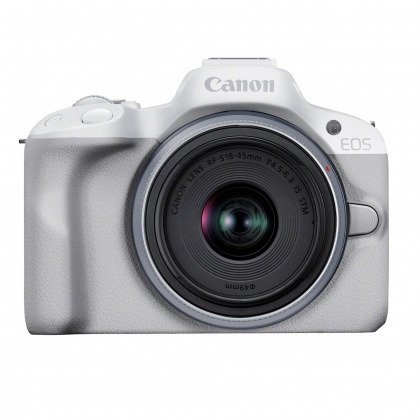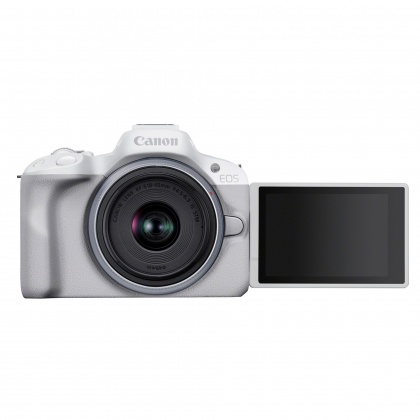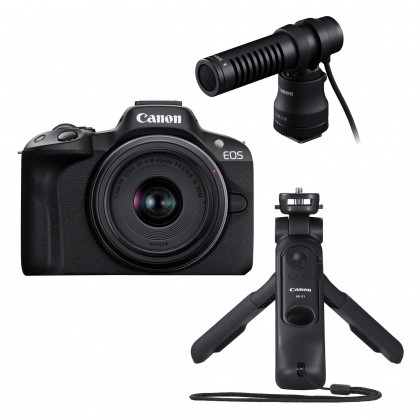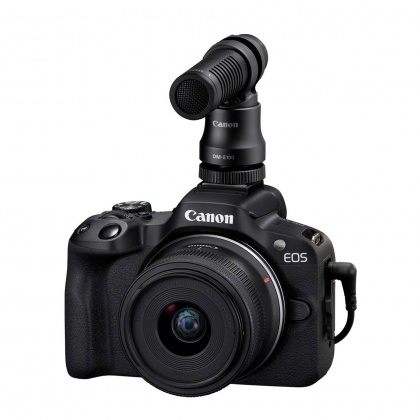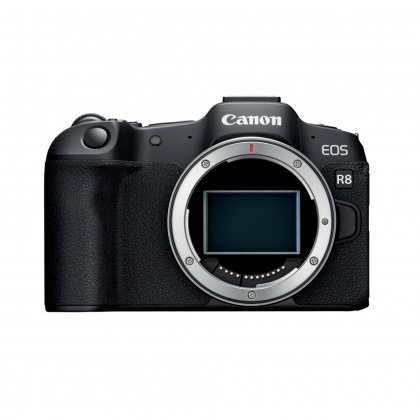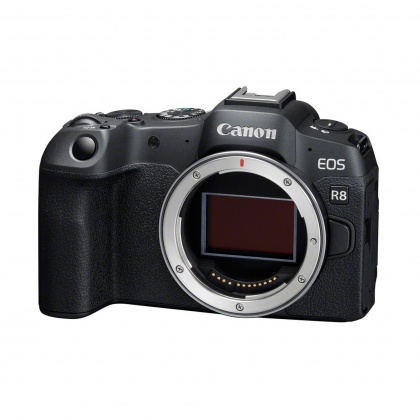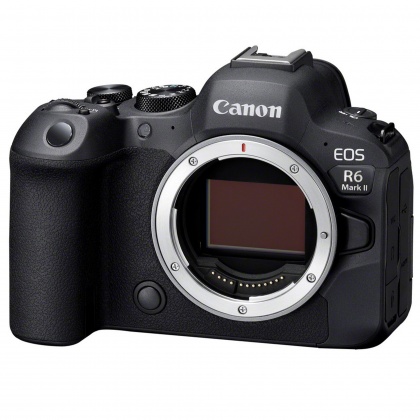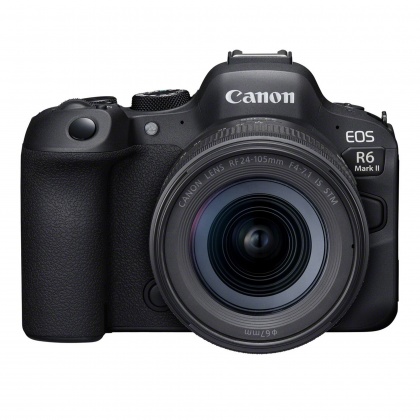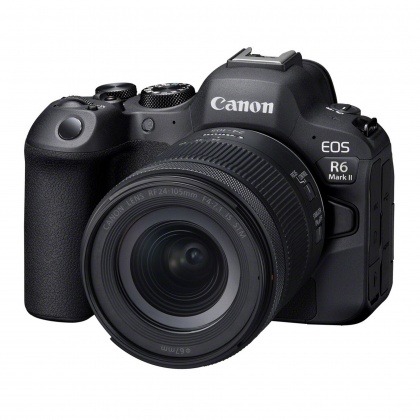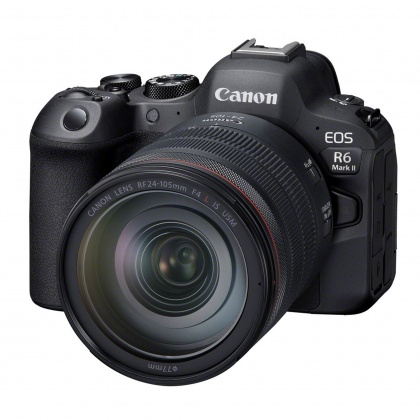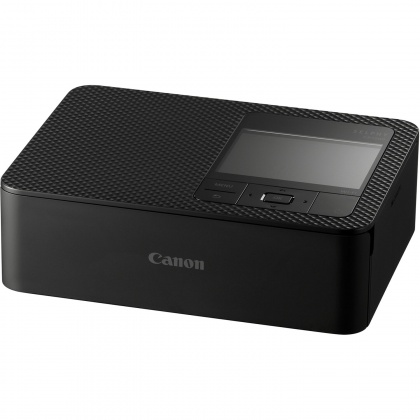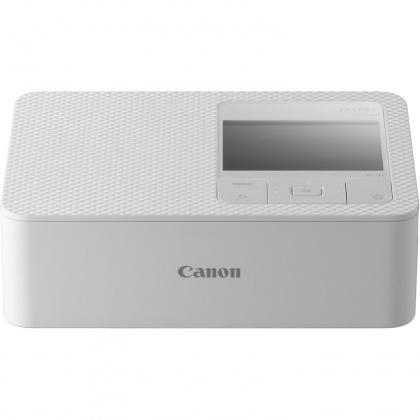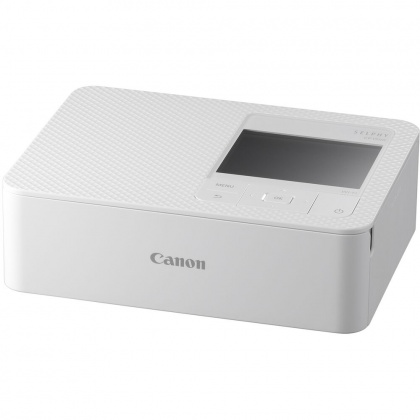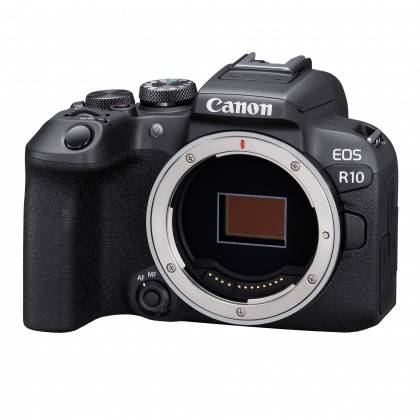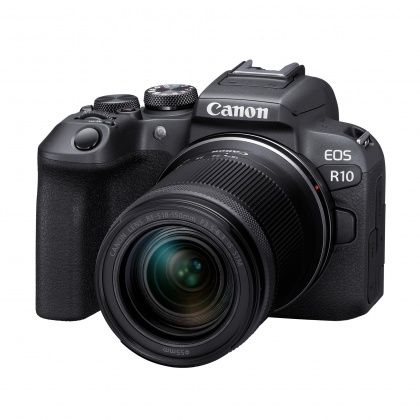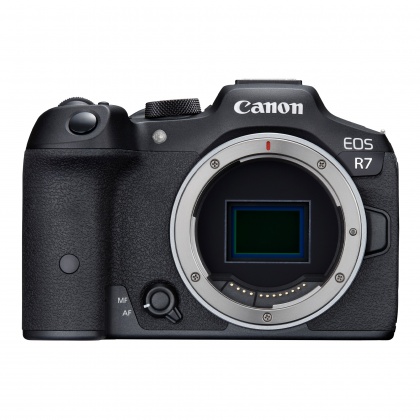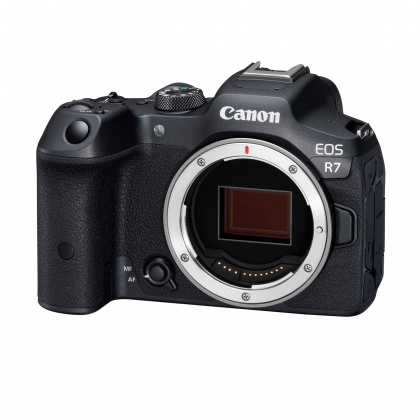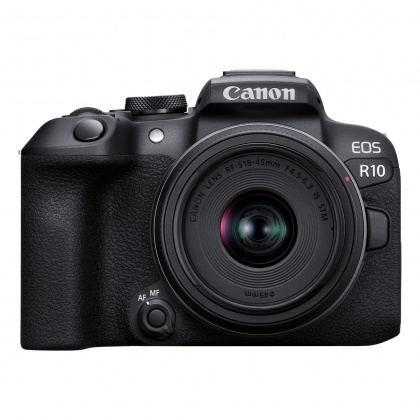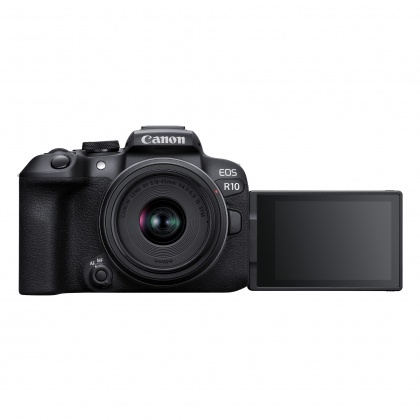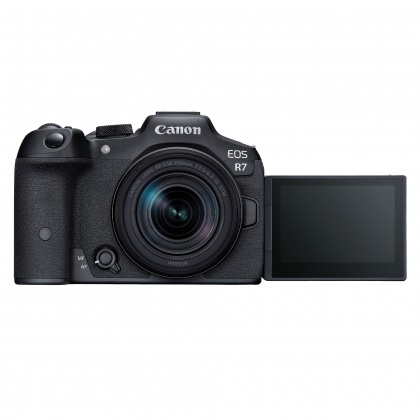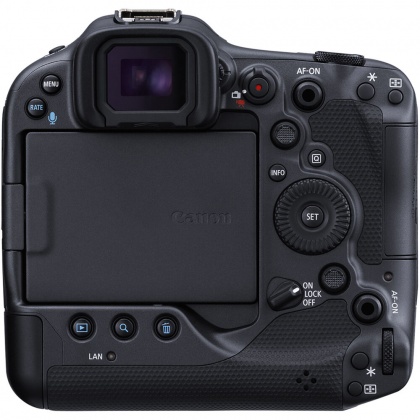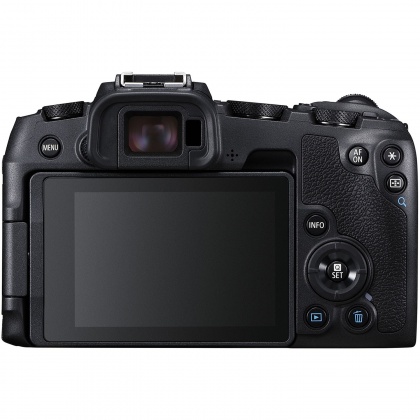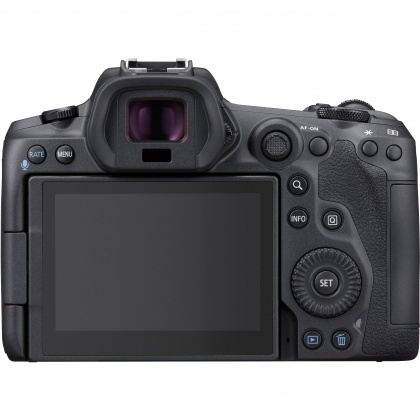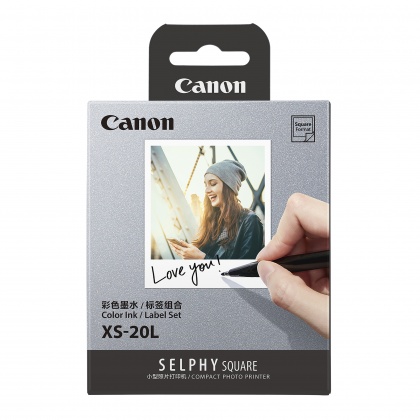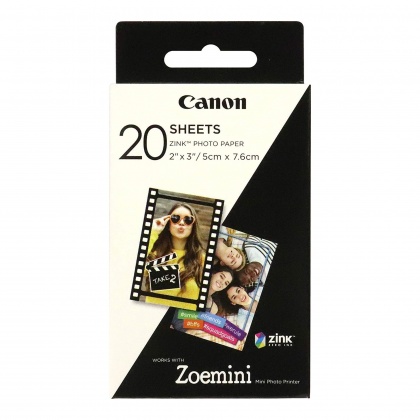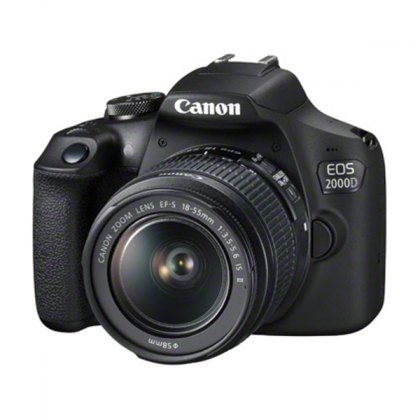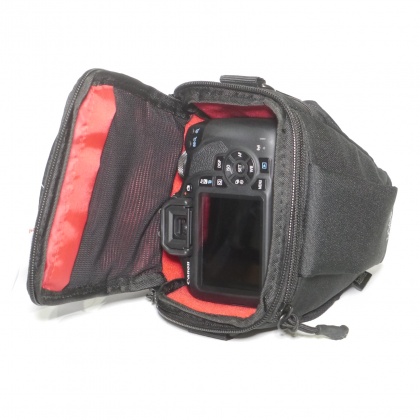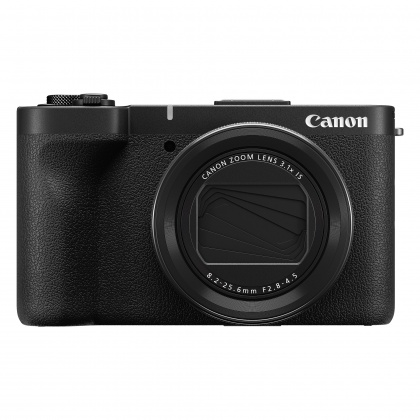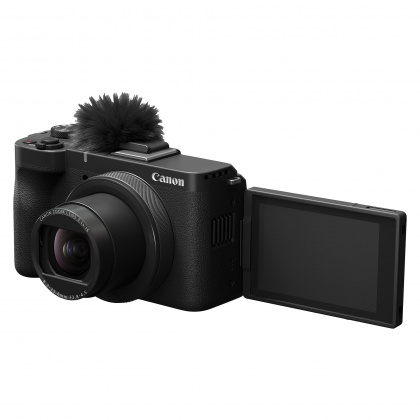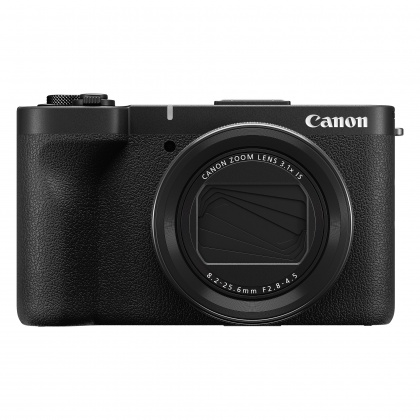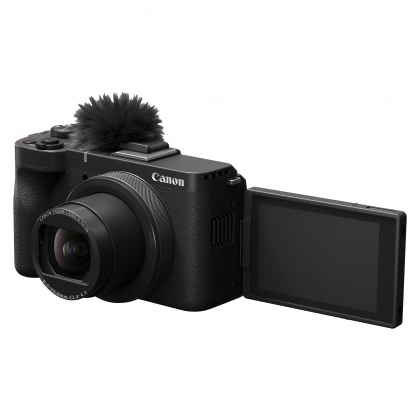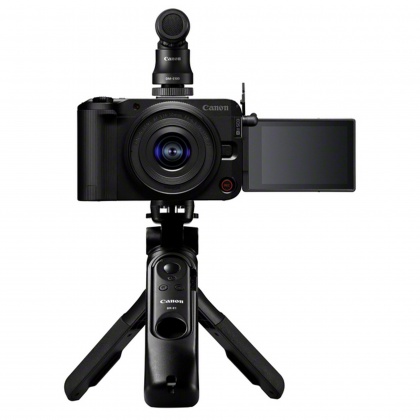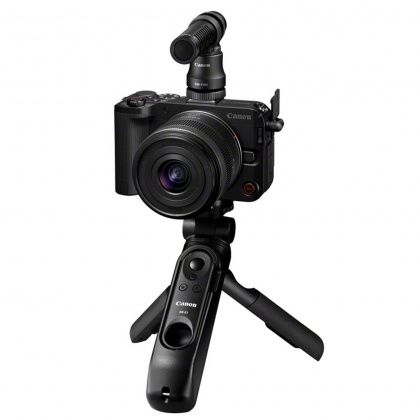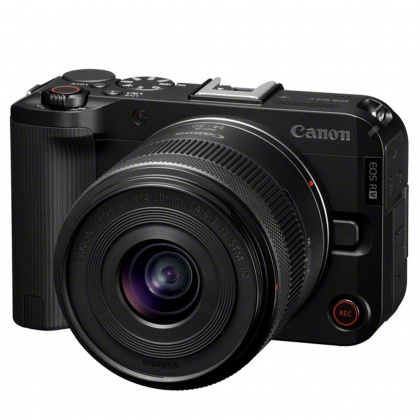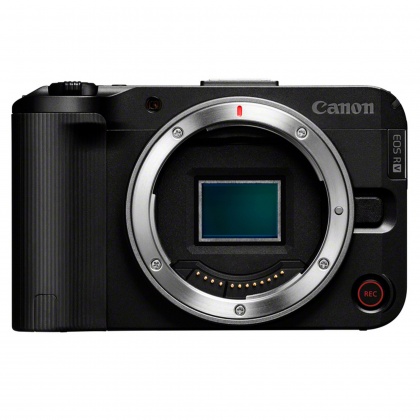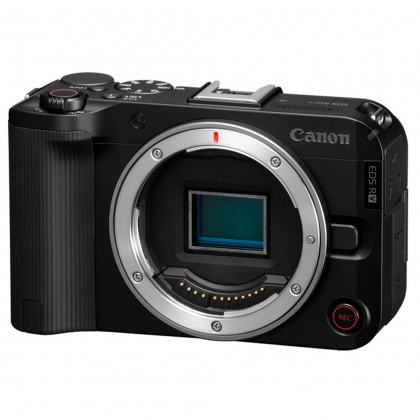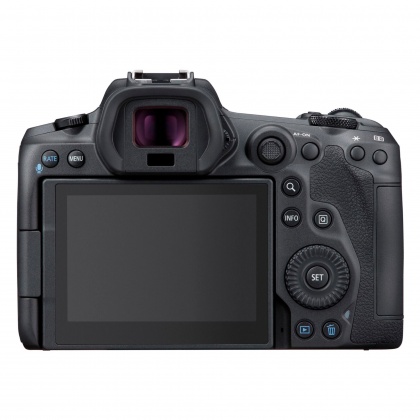What is the best camera to buy for a beginner photographer?
The best camera to buy is whichever one in your price bracket you feel most comfortable with. You can learn a lot with a point and shoot camera. Lighting, subject and timing are far more important to a good photograph than any of the technicalities of the latest digital gear.
Often a compact digital camera is more than enough if it fits in your pocket, will go everywhere with you and is better quality than your phone.
As you progress, your desire will grow for some good quality equipment that allows you to change shutter speeds, lens apertures and focussing to achieve different effects. You can achieve all of that with a good compact camera.
I learnt with a folding Kodak camera that used a 620 roll film. It was a (very) long time ago, but significantly after Einstein updated the laws of physics with his theory of relativity. The basics of photography have not changed since the first cameras were built and used almost two hundred years ago.
These days, every camera that we sell, apart from a few Instant and Disposable cameras, has a digital sensor to capture the image together with a screen for live view and playback of the image. Most of the once vast range of compact cameras have now been superseded by the smartphone in your pocket. A few classics, like the Canon Ixus and Olympus Tough, remain as well as the slightly larger Travel Zoom cameras popularised by Panasonic under the Lumix brand name. These have lenses with a zoom range of up to 30x and go places which other cameras, or smartphones, cannot reach.
Even larger zoom lenses can be found on Bridge cameras, so called because they look and handle like a DSLR but are in fact no more than an overgrown compact camera.
SLR cameras, digital or analogue, differ from other camera types in that they have a mirror behind the lens which reflects the light on to a viewing screen and so enable you to see exactly what you are about to take. The mirror swings out of the way when you press the shutter button. The light from the lens focusses directly on to the digital sensor or film. As almost all the SLRs are now digital, the acronym has evolved into DSLR.
Mirrorless, once know as Compact System Cameras, look and operate in a very similar way but rely on an electronic viewfinder. Sony A-Series SLT cameras were a half-way stage with a fixed, half-silvered (or pellicle) mirror so that they can still employ the same autofocus system as other Digital SLR cameras. They are gradually becoming redundant as mirrorless autofocus systems improve at an increasing pace.
We only sell products that are imported and backed up by the official UK Supplier. Every camera comes complete with UK instructions and Warranty.
Almost all come with a battery charger and UK mains plug. The Canon Powershot zoom relies on you having a USB charger already. It is likely to be trend that develops in the future as chargers become standardised under EU regulations.
If you're looking to just rent a camera, we have a number of different options to hire one of our products today.
Want to join a camera club? We've put together a list of local camera clubs here for you to share your passion with others.




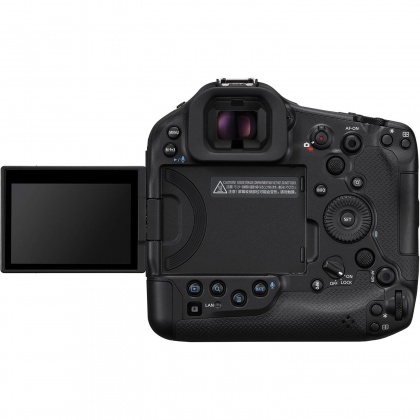

 In Stock
In Stock
